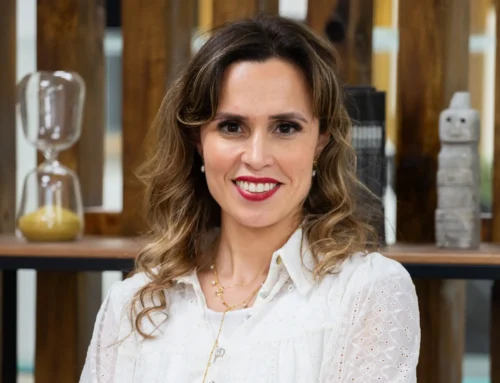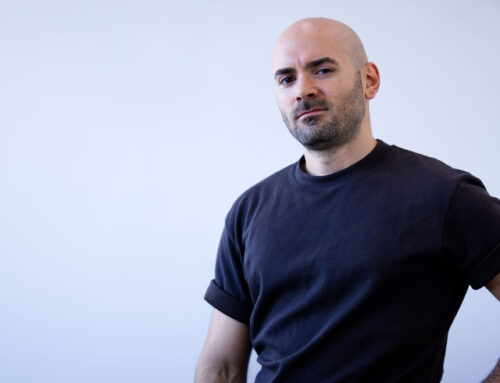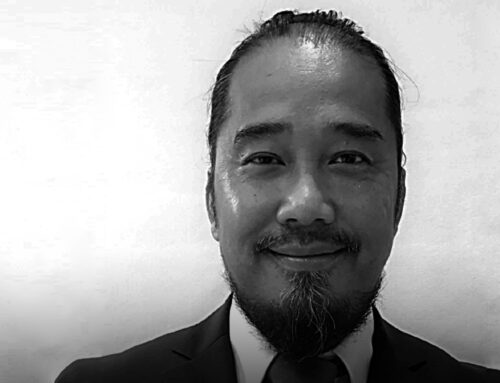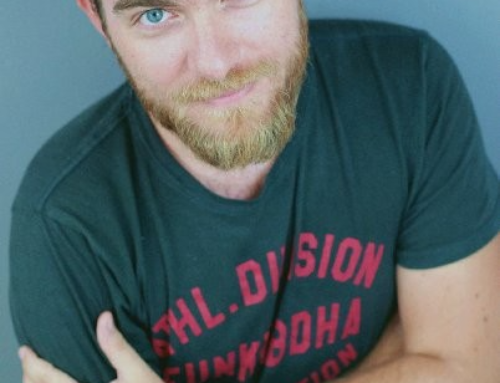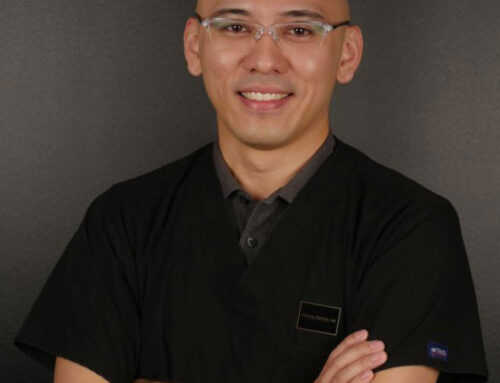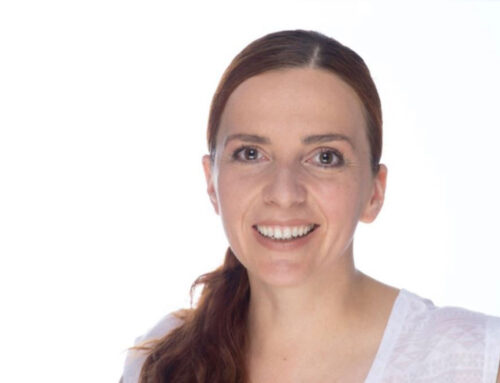How do you actually become a dental technician?
Well, in my case it probably was destiny or flow or whatever you might call it.
But it was quite a long way to get there. At school I wasn’t one of the most motivated kids, probably due to the fact that rock ‘n’ roll, the band and all those things connected were much more exciting than school lessons. In my teens, I regularly worked on holiday to earn some money for guitars and amps. There I also gained my first experiences in crafts enterprises. I enjoyed creating things with my hands.
My father’s hobby is woodcarving. I guess I was practically born with the passion for detailed work. I first came into contact with dental technology through my mother who worked at a dental surgery. I passed an aptitude test in a dental laboratory where I had to bend the usual wires according to a specified shape and of course I had to model a tooth with modelling clay. I was able to convince with my talent and my attention to detail and I got the apprenticeship as a dental technician.
In the year 2000 I completed my training with the certificate of apprenticeship and I worked in different regional dental laboratories for some years. One of them was specialised in combination technique and thus I could gain valuable experience in creating top-quality removable dentures.
In 2005 I passed my master craftsman’s examination and worked as lab manager in a practise laboratory and a big dental clinic. There I gained first experiences in Leading and Management.
Seven years later I set up a workplace in the basement of my house and alongside my permanent position I started working for some dentist clients. Then I became self-employed, rented a former baker’s shop and worked there together with three colleagues.
We expanded until January 2020 and then moved into bigger premises in the city centre of Weißenhorn.
My area of expertise is the creation of removable dentures. My team and I create aesthetically top-quality combination prostheses and in the meantime I can offer them internationally thanks to digitalisation.
What does success mean to you?
To me, success means spending my day doing what I like to do together with people I like to be with, and earning my living.
Freedom also plays an important role and for me that means that I am able to develop freely in my daily work and not having to stick to standardised rules. Teeth are a very individual area that can’t be standardised easily.
A mixture between digital and analogue workflow with a sensible dosage also contributes to my definition of success.
What is your motivation or inspiration?
A certain kind of perfectionism plays a big role for me and of course a great passion to create beautiful products.
Removable dentures have always been my daily business. Inspired by the high aesthetics of ceramic veneers, I transferred my knowledge and the techniques of ceramic layering to the creation of composite veneers.
I experienced support through contact and exchange with like-minded people who share my quality standards. At Facebook I saw the high level of dental restorations being made around the world.
That has probably been my biggest and also lasting inspiration over the last decade. Seeing new and incredibly good work every day is extremely motivating and still helps me to be up-to-date and attentive, because development always happens if you just let it happen.
How did you become who you are today?
I have always tried to realise my own ideas and not to stick to rigid thoughts.
Most of the time I let fate guide me, solved problems instead of suppressing them, and worked hard to gain the skills needed.
Attending courses offered by very good and experienced dental technicians such as Uwe Gehringer, Andreas Nolte, Gérald Ubassy, Bertrand Thiévent etc. helped me to constantly improve.
Back in my workshop I transferred the knowledge and experience from ceramic layering to composite and adapted it to the limited space available with telescopes. It is important to perfectly master your material as composites are never alike.
Which recommendations would you give young dental technicians?
I have got two recommendations:
” Stand for what you say, be authentic.”
” Don’t be afraid of mistakes. Make mistakes and learn from them.”

